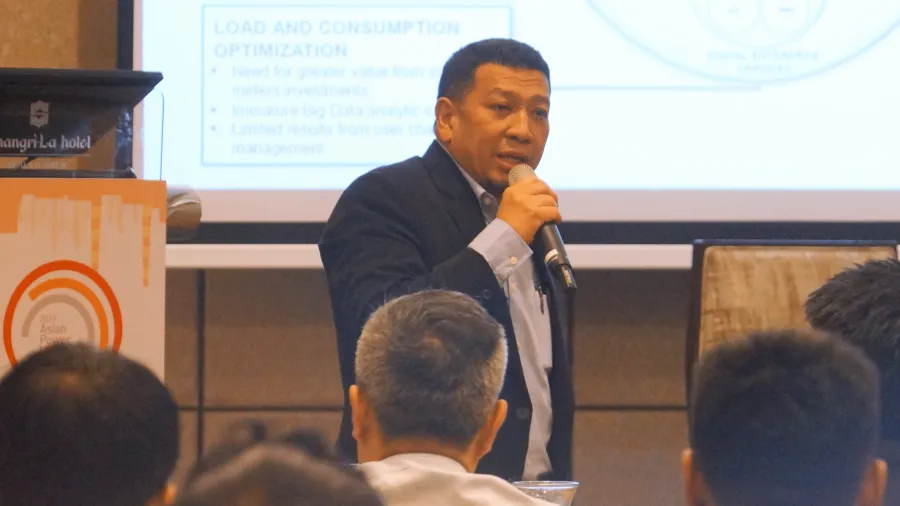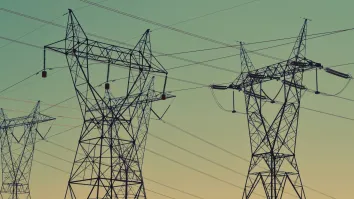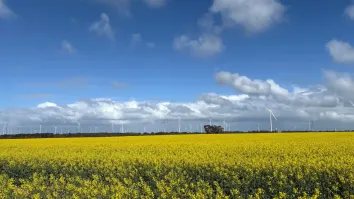
Click, call, come over: Behind TNB's drive to go digital
Cost reductions hit 40-50% when they used WhatsApp for bill rendering.
Tenaga Nasional Berhad (TNB) is moving away from traditional electricity retail models in their aim to increase engagement with consumers. The utility now offers e-mail tracker tools, integration into messaging apps like WhatsApp, salesforces in their digital channels, and their own myTNB portal and apps.
At the Kuala Lumpur leg of the Asian Power Utility Forum, TNB’s chief retail officer Ir Megat Jalaluddin Bin Megat Hassan said that improving on customer interactions has raised productivity, as seen in their initiative to use WhatsApp for bill rendering which resulted in cost reductions between 40-50%. He also illustrated how the use of data analytics has improved customer retention by about 5%.
These digital initiatives are the product of the utility’s triangulation for channels of interaction with customers, Megat Hassan said. TNB is looking to create digital customer interactions, give customer solutions through digital technology, and improve the back-end of their digital enterprise.
“We call it ‘click, call, and come over’, a combination of digital as well as face to face interactions. We can see that today that interactions is moving from face to face into a digital platform. Today, we can see almost 35% of customers are being interacted through digital channels,” Megat Hassan said.
“We have this important element of customer interactions and we think that the technology like WhatsApp will give us the competitive advantage with respect to customer interactions. We have also created apps for the ease and convenience of our customers,” the executive added.
At the moment, most of TNB’s processes are already done online. However, most of the applications are coming from the developers of the housing estate or even the level of consulting or B2B. “The developers have access to the portal and they will have to submit online applications in the hundreds,” Megat Hassan said.
At the customer level, not all features are readily accessible yet, but the executive has mentioned that they are trying to merge the features on the application. “We have an online portal for applications. We do have apps for current payments and so forth,” he said.
TNB has to ensure that the network infrastructure would actually be able to accept the workload in the new business model. Megat Hassan said, “In the future, we think that this will create a peer-to-peer network for the electricity business. This is an important element for the grid to be digitalised, so we will accept dual workflow and at the same time, because many of the renewable energy sources are actually intermittent - we have to ensure that we have the mechanism of supply.”
As more people obtain the ability to generate power themselves, Megat Hassan said that this will create a micro-grid of electricity. “We are going to see that generation is more localised comparatively to centralised today and we are going to see that it’s going to be a community grid rather than a national grid as we see today,” he added.



















 Advertise
Advertise





